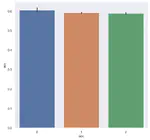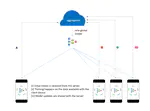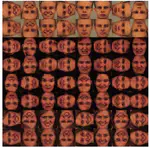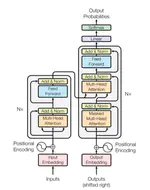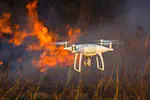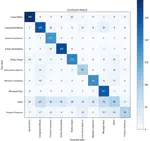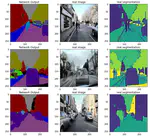Biography
During my master’s, I worked on different Reinforcement Learning (RL) problems and gained valuable hands-on experience in Deep Learning (DL). My thesis focused on enabling RL agents to find subgoal states in the Environment faster using Subspaces and a Free Energy Paradigm. I was fortunate to work under the supervision of Dr. Nili Ahmadabadi, Dr. Hosseini and Dr. Shariatpanahi. My goal is to pursue my academic career through a Ph.D. and gain more experience and knowledge in both theoretical and practical aspects of RL and DL.
- Reinforcement Learning
- Statistical Learning Theory
- Optimization
-
MSc in Computer Engineering (with a major in AI)
University of Tehran
-
BSc in Computer Engineering, 2020
Univerisity of Tabriz
Publications
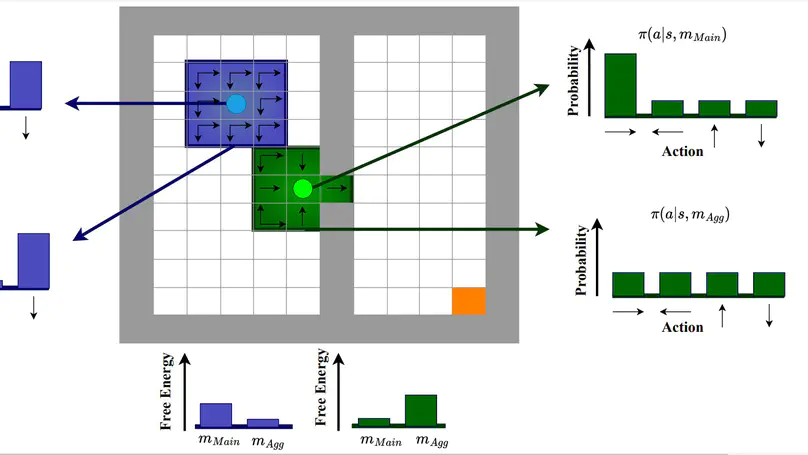
Reinforcement Learning (RL) is mainly inspired by studies on animal and human learning. However, RL methods suffer higher regret in comparison to natural learners in realworld tasks. This is partly due to the lack of social learning in RL agents. We propose a social learning method for improving the performance of RL agents for the multi-armed bandit setting. The social agent observes other agents’ decisions, while their rewards are private. The agent uses a preference-based method, similar to the policy gradient learning method, to find if there are any agents in the heterogeneous society worth learning from their policies to improve their performance. The heterogeneity is the result of diversity in learning algorithms, utility functions, and expertise. We compare our method with state-of-the-art studies and demonstrate that it results in higher performance in most scenarios. We also show that performance improvement increases with the problem complexity and is inversely correlated with the population of unrelated agents.
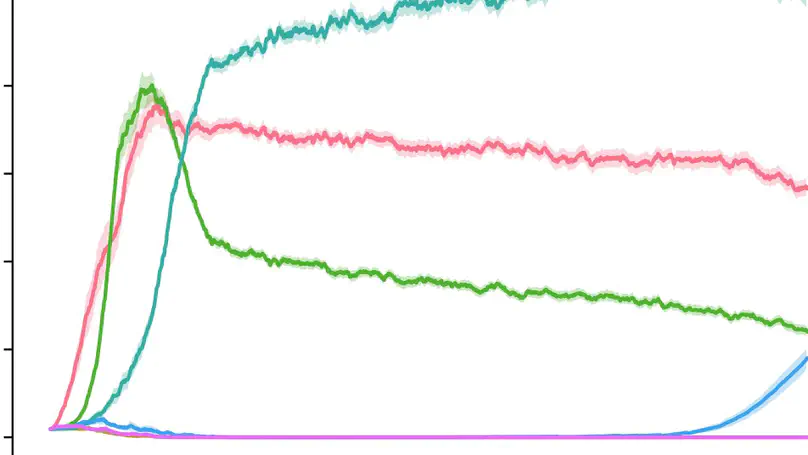
Reinforcement Learning (RL) is mainly inspired by studies on animal and human learning. However, RL methods suffer higher regret in comparison to natural learners in realworld tasks. This is partly due to the lack of social learning in RL agents. We propose a social learning method for improving the performance of RL agents for the multi-armed bandit setting. The social agent observes other agents’ decisions, while their rewards are private. The agent uses a preference-based method, similar to the policy gradient learning method, to find if there are any agents in the heterogeneous society worth learning from their policies to improve their performance. The heterogeneity is the result of diversity in learning algorithms, utility functions, and expertise. We compare our method with state-of-the-art studies and demonstrate that it results in higher performance in most scenarios. We also show that performance improvement increases with the problem complexity and is inversely correlated with the population of unrelated agents.
Experience
Responsibilities include:
- Manging Inspiring Gypsophila Pod
- Helping students with the content and pod’s RL projects
Theoretical Problem sets, Homworks and Projects for graduate courses Courses:
- Distributed Learning and Optimization
- Advanced Deep Learning
- Interactive Learning
- Machine Learning
- Neural Networks and Deep Learning
- Principles of cognitive science
- Data Analytics
Responsibilities include:
- Homeworks and projects on Offline RL and Hierarchical RL.
- Course Website
Responsibilities include:
- Manging Nkwobi Pod
- Helping students with the content and pod’s projects
- scheduling mentors session for projects of each group
Responsibilities include:
- Mentoring Students
- Creating Hands-On Notebooks




